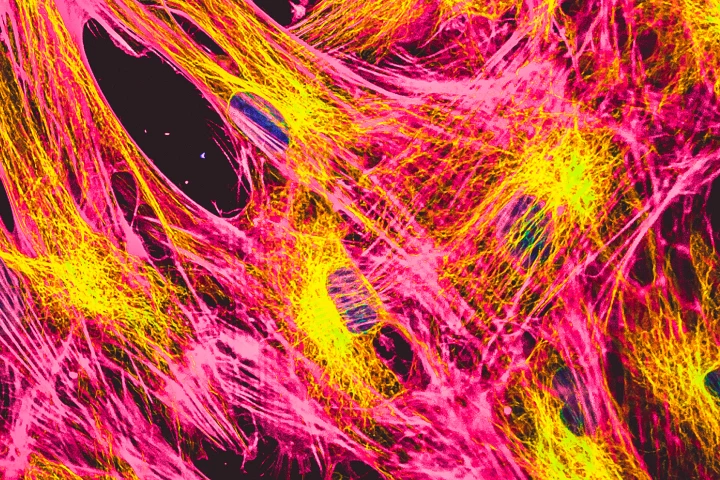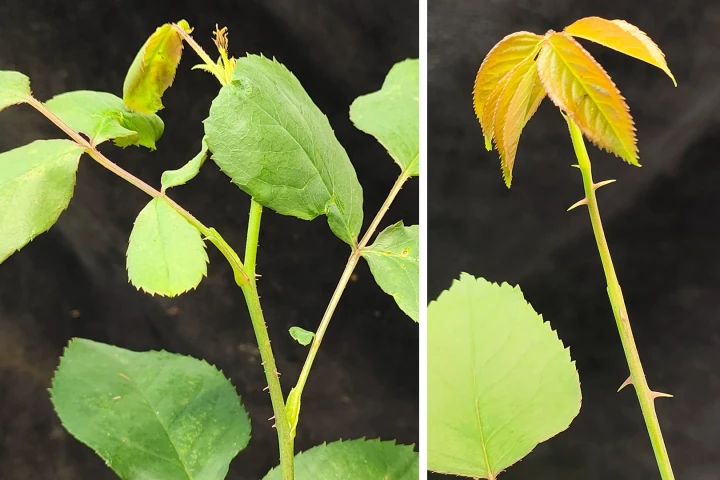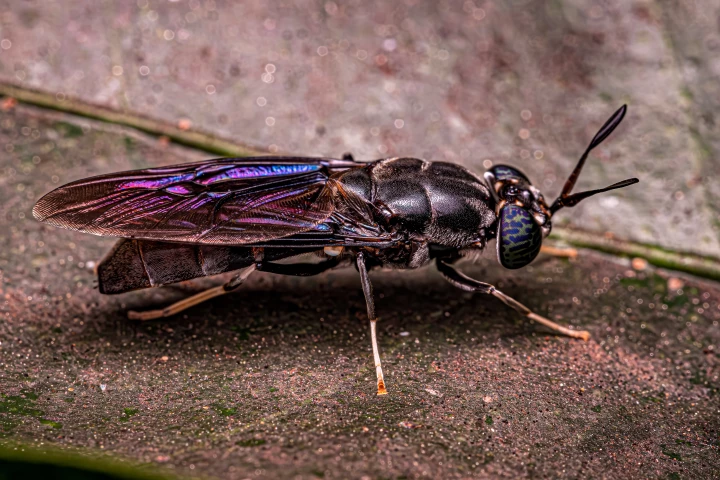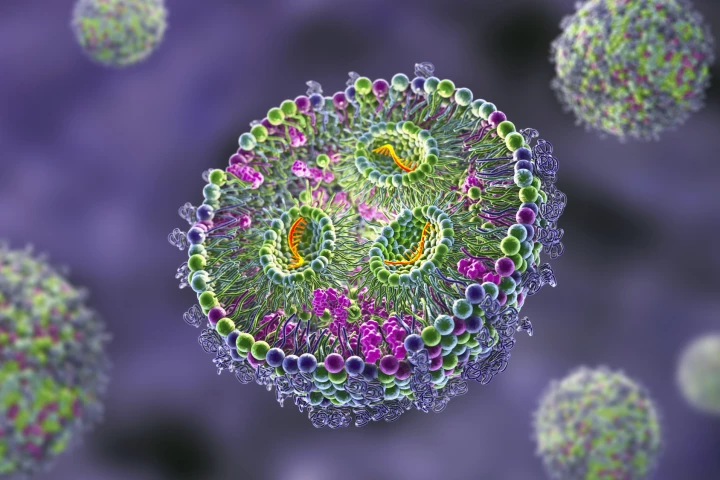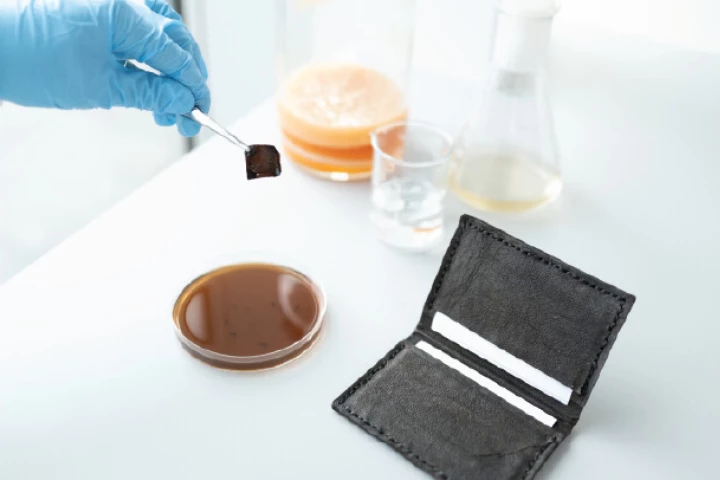Genetic engineering
-
Not only have researchers identified how a common cellular protein affects aging, but they’ve tweaked the genes that produce it in fruit flies, extending healthy lifespan by 25% to 30%. The discovery opens the door to healthier aging in humans.
-
Most of us don’t eat as much fruit and veggies as we know we should, but that goal might now be a bit more achievable. Scientists in Spain have engineered a new “Golden Lettuce” with 30 times more nutrients than the regular green stuff.
-
Everybody loves roses, but we'd probably love them even more if they didn't have those sharp thorns. Well, scientists have found a way of growing thornless roses, and their findings could lead to easier-to-harvest crops.
-
There could soon be a non-toxic, longer-lasting and less-smelly alternative to DEET for repelling mosquitos. Scientists have created genetically engineered human skin bacteria that are unappealing to the irritating and disease-spreading insects.
-
"We can feed black soldier flies straight, dirty trash," says a team that's working to turn insects into landfill-clearing biomanufacturing machines that turn regular, dangerous or contaminated garbage into a range of high-value products.
-
Scientists have assembled the most complete woolly mammoth genome in 3D, thanks to an incredible “freeze-dried” specimen. With its DNA preserved in a glass-like state, chromosomes were found for the first time, and even gene expression patterns.
-
Engineered mRNA has turned cells into tiny biofactories, producing medications to successfully treat an inflammatory skin condition and two types of cancer, according to a new study. The tech paves the way for therapies in which patients’ bodies make their own drugs.
-
The first successful transplant of a genetically modified pig kidney into a human recipient is still being regarded as a medical milestone and success – even though the recipient, Rick Slayman, suddenly passed away over the weekend.
-
Medically, AI is helping us with everything from identifying abnormal heart rhythms before they happen to spotting skin cancer. But do we really need it to get involved with our genome? Protein-design company Profluent believes we do.
-
Bacteria-produced leather is already an eco-friendly alternative to its cow-derived counterpart, but it could soon be even eco-friendlier. Scientists have gotten the microbes to color the stuff themselves, eliminating the need for toxic dyes.
-
Analysis of Beethoven’s DNA has revealed that he had a low genetic predisposition for musical ability. The study highlights how making genetic predictions for individuals, including famous historical figures, can be fraught with danger.
-
We’re edging closer to seeing a live mammoth for the first time. Colossal Biosciences, a company dedicated to the controversial-but-unquestionably-cool goal of resurrecting extinct species, has made a breakthrough in creating elephant stem cells.
Load More
